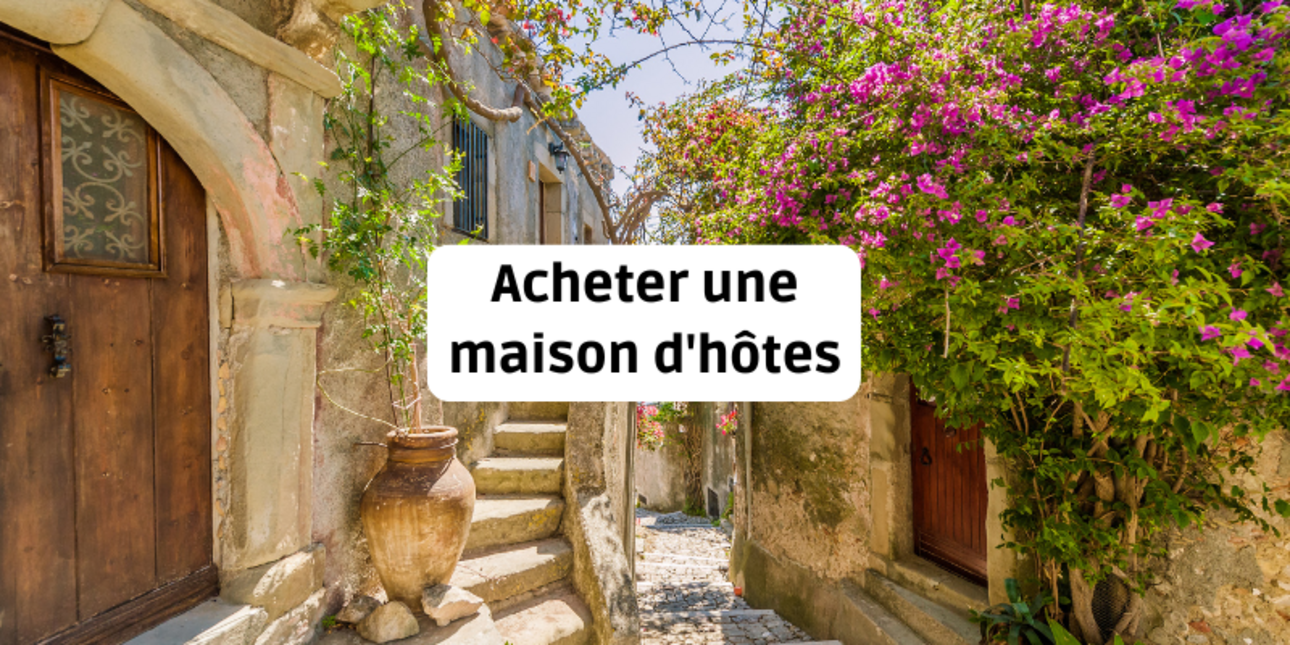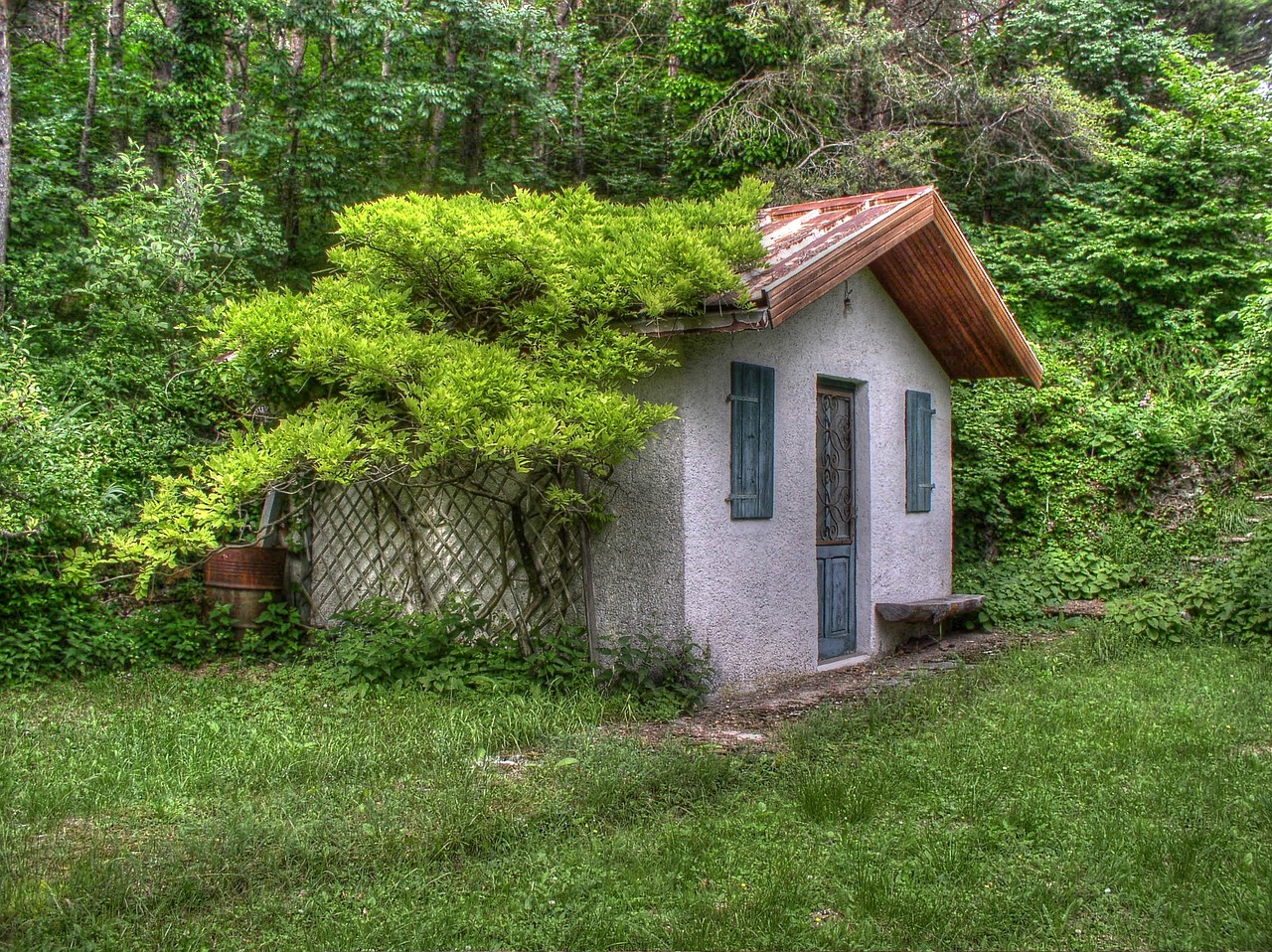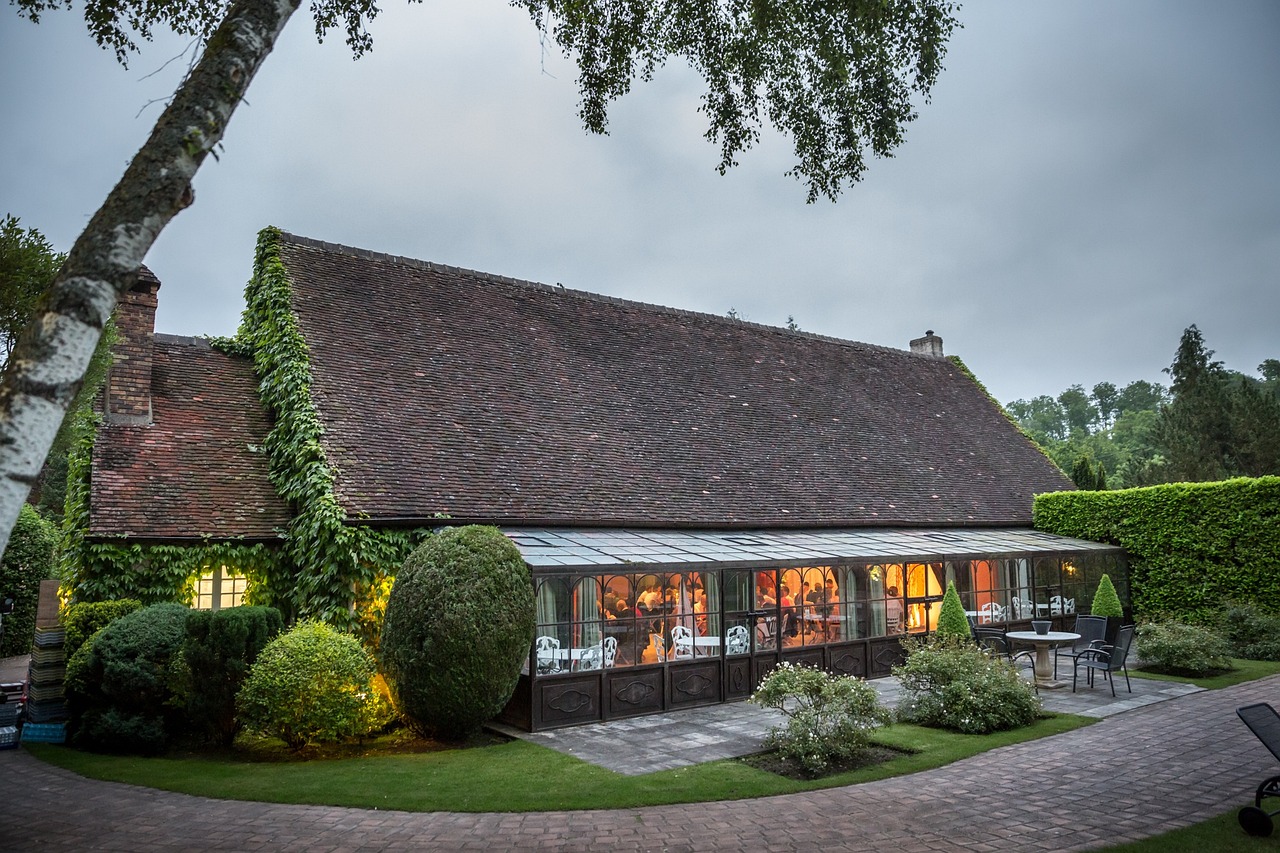
Whether you dream of opening a guest room, a gîte, or even a villa, buying a property for tourist accommodation is an exciting project that requires careful preparation. In this article, we'll explore the different stages and aspects you need to take into account to make your purchase a success and launch yourself into this new adventure in France or elsewhere.
Before embarking on the sale or purchase of a guest house, manor house, farmhouse, mill or other property, it is essential to understand the reasons for making such an investment.
For many people, buying a guest house represents a real life change. It's an opportunity to leave a traditional job and become your own boss, while living in what are often pleasant surroundings, whether by the sea, in the countryside or in a peaceful village, and meeting people from all over the world.
Properly managed, a guest house can become a stable and attractive source of income. The income generated by overnight stays not only enables you to repay the initial investment, but also to make a profit, particularly if you offer additional services such as relaxation areas, a swimming pool or artistic activities.
Buying a guest house, whether on an estate in Provence or a residence in a tourist village, also offers opportunities for expansion. You could consider adding extra rooms, offering additional services such as art workshops or creating a park for your guests. You could even consider taking over or creating a second establishment.
The first main step is to clearly define your project. Ask yourself questions about the type of accommodation you want to offer: a rural gîte, a luxury bed and breakfast, a seaside villa? Also determine the region where you want to set up, your budget and the type of clientele you are targeting: private individuals, foreign tourists, visitors looking for peace and quiet?
Once you have defined your project, it is crucial to study the tourist accommodation and real estate in your chosen region. Look at the competition, prices, occupancy rates and local tourism trends, whether you're looking for a gîte in the country or a hotel in the city. Take a look at the property advertisements too, and use a specialist agency to help you find the ideal property.
Finding the ideal property, whether it's a renovated manor house, an authentic farmhouse or an exceptional residence, is a crucial step. Take into account the location, the condition of the property, the potential for hosting guests and the charm and authenticity of the setting. Visit several properties, whether a small hotel or a large house, and take the time to compare carefully.
Financing is a key aspect of your project. There are a number of options available to you, such as a traditional bank loan, a business loan, a personal contribution or specific grants and subsidies for tourism and property. Don't hesitate to consult several financial institutions to get the best financing terms. You should also bear in mind the costs of renovation work, land maintenance and bringing your property into line with current regulations.

You will need to choose a legal status suited to your business: sole proprietorship, SARL, SAS, etc. Each status has its advantages and disadvantages in terms of taxation and social protection.
Your establishment, whether a small gîte or a large residence, will have to comply with fire safety and accessibility standards for people with reduced mobility. Work may be required to bring the property into compliance.
Don't forget to register your business with your local town hall and, if necessary, with the Trade and Companies Register (RCS). Don't forget to check the regulations specific to your region and the administrative procedures involved in property development.

Buying an ideal guest house is a demanding but potentially very rewarding project. With the right preparation, careful management and a passion for hospitality, you can turn this dream into a fulfilling and profitable reality. Remember that every project is unique and that the key to success lies in your ability to adapt and offer your guests a memorable experience. So, are you ready to embark on this wonderful adventure?
1. How profitable is a bed and breakfast?
2. Formalities for opening guest rooms
3. How do you set up a guest house?
4. What budget do you need to open a bed and breakfast?
5. Taxation of bed and breakfast establishments
6. What status should guest rooms have?
7. What licence is required for a chambre d'hôte?
8. What services are available for chambres d'hôtes?
9. How do I choose a bed and breakfast platform?
10. Bed and breakfast labels
11. Operating guest rooms as a company
12. Furnishing and decorating a guest room
13. Classification of guest rooms
14. What is the ideal number of rooms for a bed and breakfast business?
15. Is it profitable to offer table d'hôte as well as chambres d'hôtes?
16. How do you communicate effectively for a bed and breakfast?